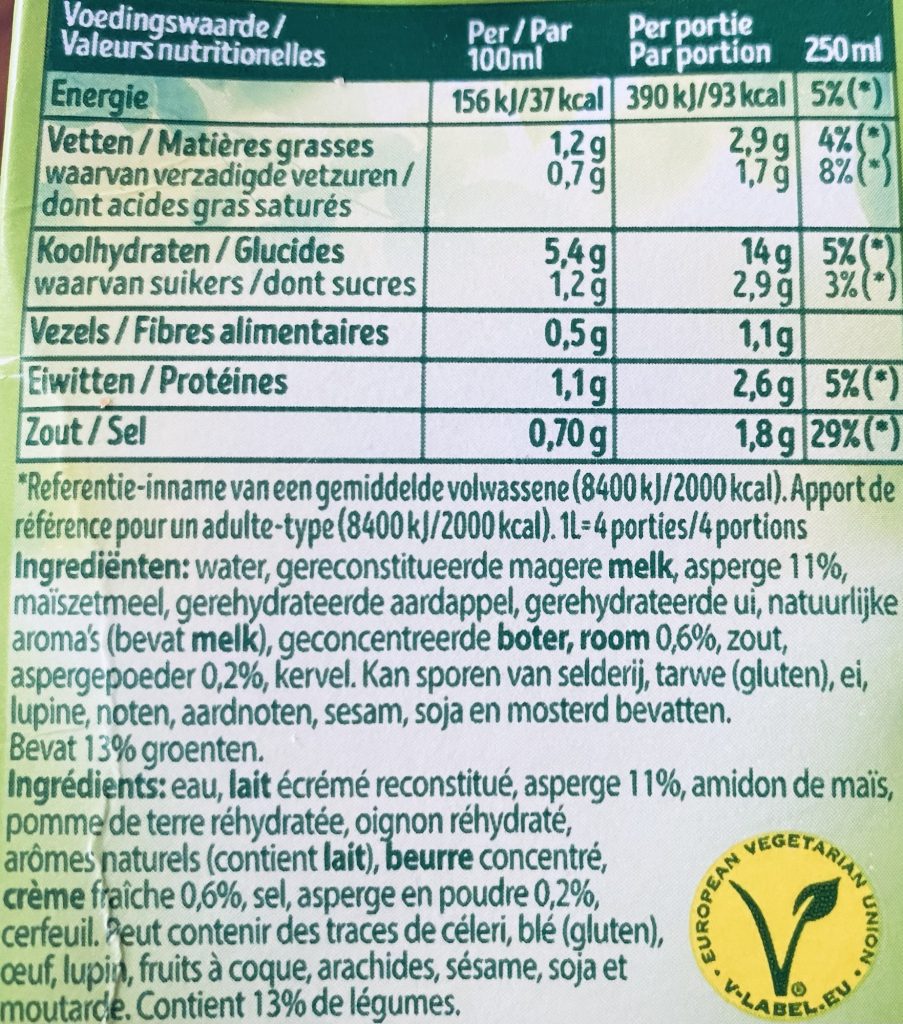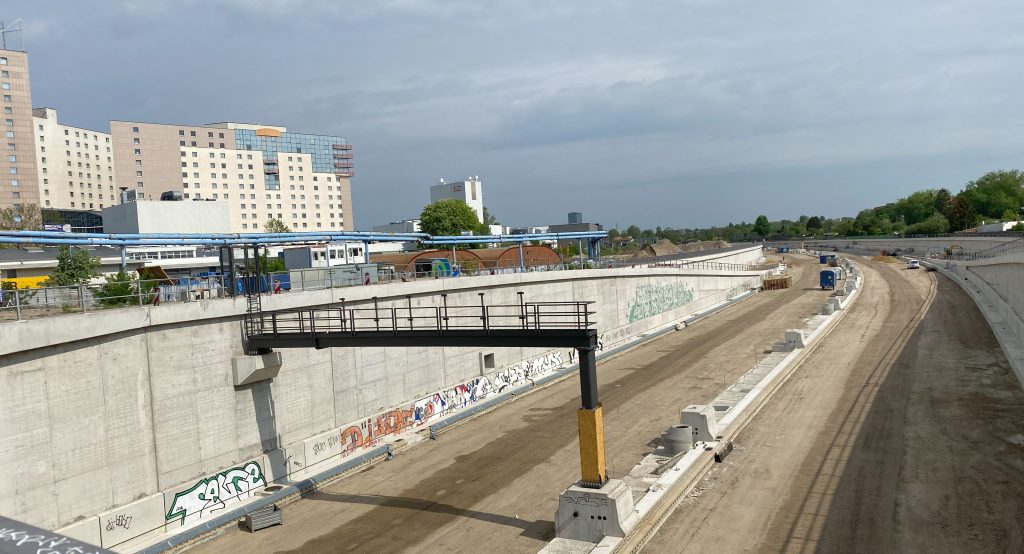Most of us are happy to turn on the water tap and enjoy the bubbles of fresh water. In other parts of the world this is considered a luxury and precious good. Public infrastructure takes care of water supply and treats waste water. We hardly even notice. This is changing in many regions of Europe now and Berlin and its surroundings are a good example of the challenges of water as a service. We need to sharpen our awareness that, yes, climate change again, has changed the priorities of water supply. Some East German regions face already a water supply shortage due to lack of rain water and adequate measures to store rather than evacuate rain fall. The German weather service (DWD) offers not only the info on rain fall, but also several indicators on soil humidity from 10cm to 200cm under the surface. These measures are important for crops and agriculture, but also for trees and vegetation in general. The droughts of the last years show a lack of humidity in large parts of East Germany.
These measures are important for crops and agriculture, but also for trees and vegetation in general. The droughts of the last years show a lack of humidity in large parts of East Germany.
This is the starting point for the “citizen science” project in the region of Brandenburg. The “Wassermeisterei” brings together people interested in water management to monitor soil humidity with a shared infrastructure and citizen enthusiasts to raise awareness and draw conclusions on the local preconditions for agriculture and forestry. Knowing about the evolution of water availability over time allows to make more informed judgements about the need and potential of a continuous and improved “water as a service”. The presentation of the project on the e-government fair was a reminder to take water more seriously and to value this crucial resource with more respect. 
Processed food
We eat a lot of pre-processed food. Our busy work schedules allow us to take only short breaks for meals in order to get more work done while in office or at work in general. The intensification of work has reached the next level and we move from pre-processed food to ultra-processed foods (UPFs). In medical journals and nutrition recommendations the warnings to not eat too much ultra-processed foods are abundant. The signs of obesity in societies reach higher levels from year to year. Especially younger people seem to be at higher risks to consume a lot of ultra-processed foods. Freisling et al. highlight the “risk of multimorbidity of cancer and cardiometabolic diseases” due to UPFs. The discussion between scientists is a lot on which UPFs are most harmful (beyond animal origin or and artificially sweetened beverages) and/or whether it is the combination of UPFs that additionally increases the danger of UPFs. Preventing the “too much of each” is probably the safest recommendation. Being able to read the nutrition information on the labels is already a difficult task. Just making the information abundant and very small print discourages most efforts to compare across products. Learning about basic human needs like food has never been more difficult. Combined with “shrinkflation” we have a hard time to make informed choices of what to buy and eat. There are many hurdles to overcome for a healthy meal.

Eco-trees
This time we thought to advance with our ecological version of Christmas. We use LED lighting and instead of advocating real horse riding we opted for the wooden replacement. We reduced the size of the tree by 27.5% to further cut down on the carbon footprint of our event. As we were all feeling pretty confident that we are on the right track now, we learned from the media reports in Germany that the trees usually grown specifically for Christmas are taking away precious land where otherwise food would be grown. Much worse is the fact that pesticides are very often applied to facilitate the production of trees. (Link to study and test results).
We know that there is a problem in Germany to be frank about environmental dangers of diesel and glyphosate, but we did not want to believe that we inhale glyphosate in our living rooms after the diesel disaster in cities. We thought trees were synonymous for nature. Far off the truth. Better check the ecological impact and risks incurred even for trees. Trust and good faith seems to be utterly misplaced when it comes to nature turned into a product.

Air pollution
Only if we measure air pollution , we shall be able to be sure it is not getting worse or is improving. The European Environment Agency has developed an app that gives us fairly accurate measure of several important indicators of air pollution or air quality as they prefer to name the indicators. With the wild fires in Canada and the repercussions of this in U.S. cities we are certainly aware that air pollution by neighbours is just as important to know as air polllution originating in your own country.
In Europe this matters as well. Therefore the comparative view on air pollution is a necessary precondition to coordinate action within the EU. Specific meteological conditions yield SMOG in winter and too much heat facilitates SMOG in summer. Thousands of people die every year due to effects of air pollution. This is all well-known and documented.
In Science Advances (2023-6-9) new evidence is presented that fine particles (PM 2.5) in air transport influenza H1N1 viruses into the lower respiratory system and even other more distant organs like liver and kidneys. The conclusion is easy: Reduce air pollution much further, this saves lives and lots of costs in the health system as well. Well-being is advanced sometimes by doing less rather than more. Working more in the home office than in the inner city might reduce the peak of an influenza wave. New solutions to old problems are feasible with new technological advances and implementation like fibre-optic cables for fast internet service also in remote areas. Using the “Science Advances” should allow us to rethink our production and consumption model for the improvement of living and working conditions for all. Many extensions of our economic model shall be based on the “beyond growth” logic. We just need to dare to think and implement policies accordingly, rather than to continue to do the same mistakes over and over again. (Image: still building new Autobahn in Berlin 2022 in residential areas). 

